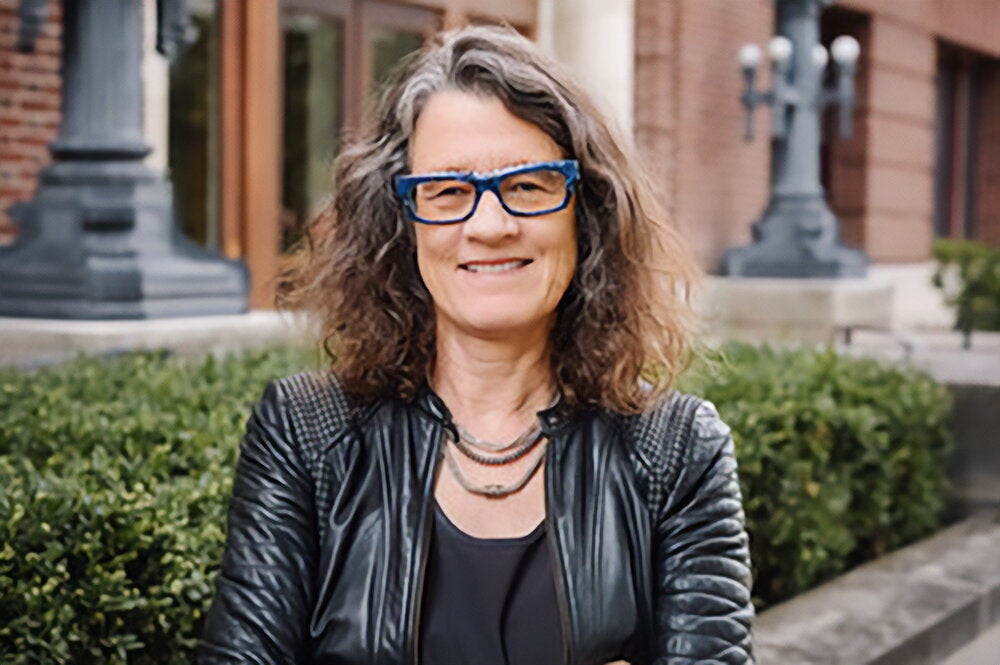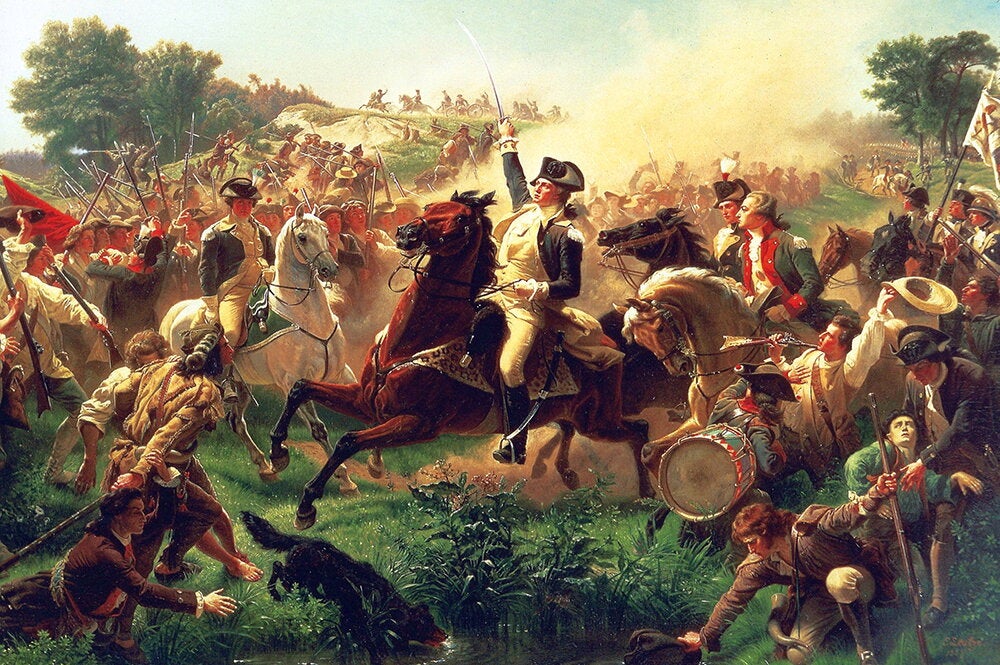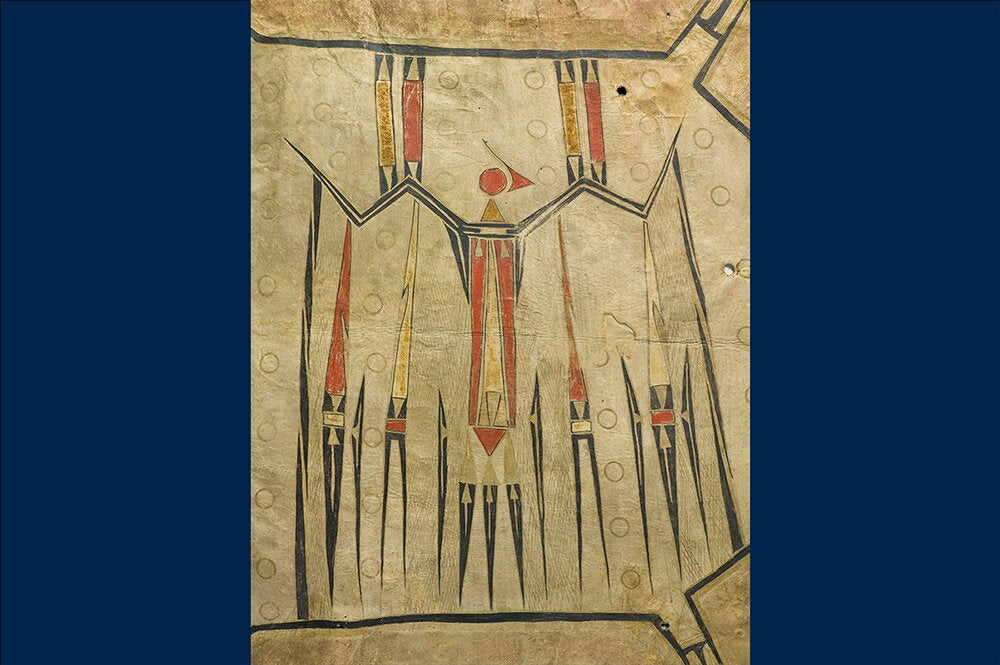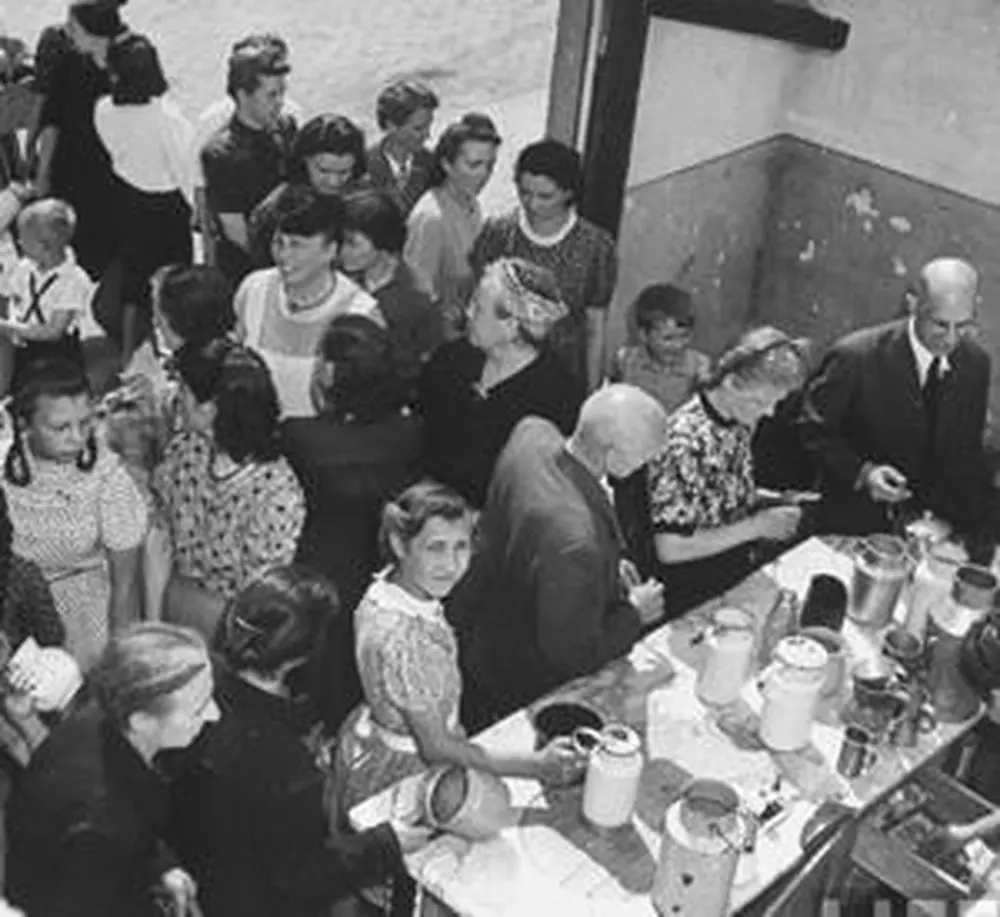
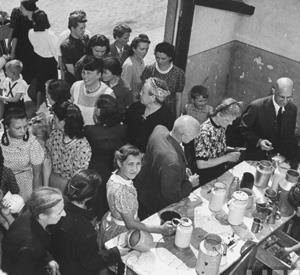
Wary of fading memories, a history professor studied World War II-era diaries and letters to learn what Germany was thinking during one of humankind’s darkest eras. He found deep insecurity that he believes enabled the Holocaust even as most Germans opposed it.
Thanks to avid and detailed writers—and archives where their words were “hidden in plain sight”—Peter Fritzsche found that ordinary Germans, living under the shadow of Nazi-fueled fears of doom at the hands of their enemies, seriously contemplated Nazi ideology even as news of the Holocaust swept through the nation early in the war.
“People made an effort to try to understand and come to terms with Nazism, which framed itself as a new epoch, a new beginning, a new state, a new way of politics that wasn’t going to leave anytime soon,” says Fritzsche, who authored a book, Life and Death in the Third Reich, on the subject. “They deliberately and self-consciously tried to understand Nazism. They said, ‘Was there not something about their arguments about race? Was there not something to their arguments about the role of the Jews?’”
Fritzsche, whose parents are from Germany, was named a finalist for McGill University’s Cundhill International Prize in History for his work. Critics have hailed his book for revealing the lives and thoughts of Nazi-era Germans in a way few other historians have been able to do.
Nazi-era Germans attended community camps where authorities encouraged open debate and writing about race and nationality. In doing so, however, and by debating Nazi views of race and Jews, Fritzsche says “many people went very far to accept the basic premises of National Socialism in this process of deliberation even if they thought they were opponents of Hitler or the Nazis. It was an active deliberation and trying to think through Nazism that in fact created Nazism and Nazification of German society.”
Fritzsche found that Germans were indeed aware of the Holocaust during the war, though he concludes that they were unaware of how vast and comprehensive the slaughter was. While Germans may have been guilty of discrimination against the Jews, he says, and a majority of Germans thought it would be best for their own good if the Jews left, Fritzsche found scant evidence that the population in general supported genocide.
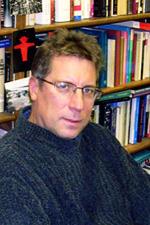
“But a minority did justify extreme measures, even killings, as the only way finally to somehow solve this problem,” Fritzsche says. “Since Germans thought of themselves as victims they were able to quite easily inhabit the role of perpetrator.”
News of massacres swept through Germany, particularly after the invasion of the Soviet Union in the summer and fall of 1941, when letters began arriving, and, later, as troops began returning from the front on leave with stories of how innocent civilians were being massacred. There were stories of SS troops who suffered mental breakdowns from what they did.
Even more telling, Fritzsche found diaries detailing debates about killing civilians between families and their sons in uniform.
“[Family members] say, ‘It’s still murder,’ and then the soldiers say, ‘I believe it’s a war for national survival. It’s us or them,’” Fritzsche recounts.
Even as Germans learned of massacres, however, Fritzsche says they generally assumed that “between those events are nonevents, where there are not massacres, when in fact it’s a comprehensive process, which is clearing out communities of Jews.”
This underestimation of the scale of the Holocaust existed even among the most vulnerable people in Germany.
“Even Jewish observers, or Jewish diarists in Germany like Victor Klemperer (a French teacher), also thought in terms of pogroms, and atrocities, and massacres, and not as a comprehensive policy of extermination,” Fritzsche says.
And when the Jews did finally understand, it was often too late for them to escape. Many diaries Fritzsche saw ended abruptly, with the writers never heard from again.
